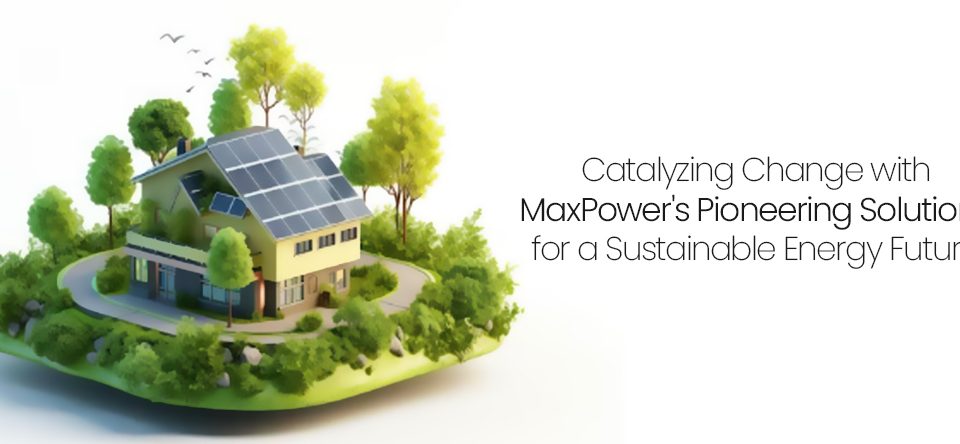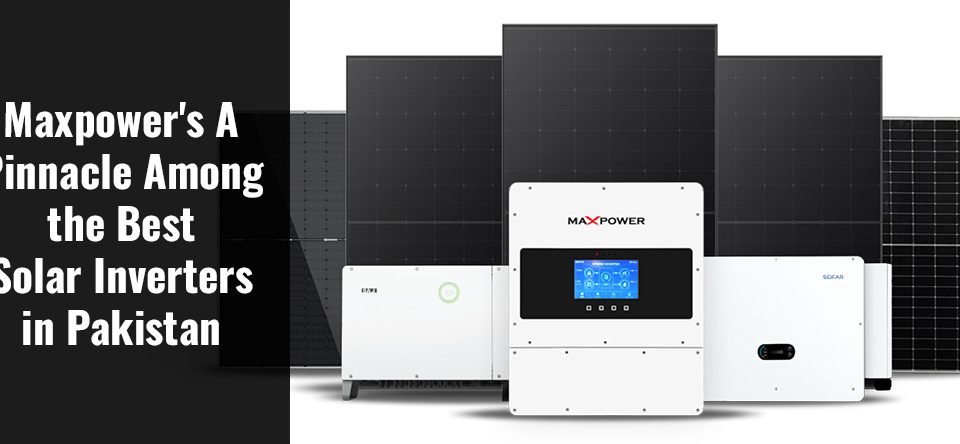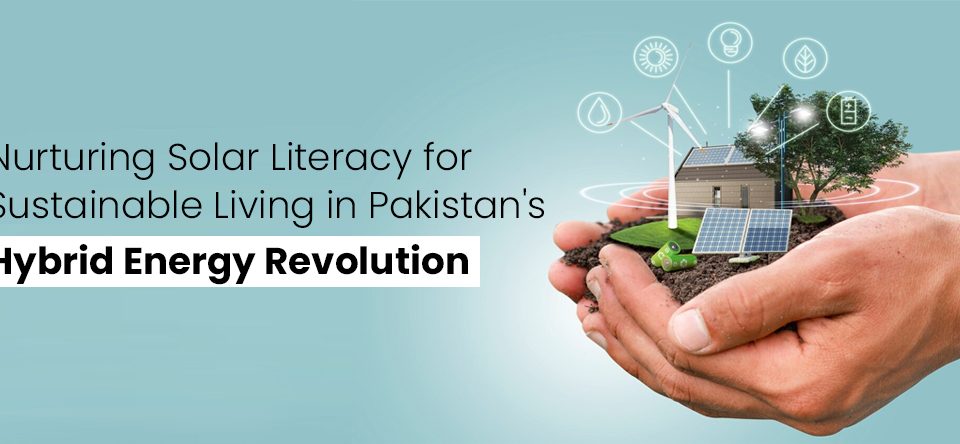
The advantages of having clean solar power in your home
September 3, 2020
Selecting the best solar panels
September 3, 2020Introduction: The efficiency of the solar panels is calculated considering several criteria, reading the review of the panel it is the first and foremost thing which include the efficiency, durability, and assurance by the manufacturer’s assurance.
Solar screening: The solar screening provides the structural, mechanical considerations and also the economical consideration; which includes the roof’s condition, warranty and age of roof for a rooftop system. The Shading analysis should be done to identify the obstructions which may shade the array of panels. Estimation of the total systems sizes structural issues and height considerations for high mount buildings.
The economical screening includes the cost of electricity provided at the place and rates that penalize solar. Economic analysis of the solar system to be implemented which includes the net present value, rate of return, life cycle cost, etc. the annual energy production should also be considered.
Study of Solar Feasibility: It includes the capacity of the total supply of power and the maintenance of the system. The utility has many interconnections with special hardware and the contractual requirement. It includes the space required for the equipment, alternate location and capacity limits, etc. the solar Feasibility study includes economic considerations such as the system’s recommended size, load requirement of the size, the load data should be analyzed for 15 minutes on peak demand. The monthly peak production should be estimated and annual maintenance and operational costs are noted. The timing and magnitude of electric and heating loads should be taken into account.
Efficiency:
The efficiency represents the effectiveness of the solar panel that can convert the radiation into electricity. The benefits of having higher efficiency are that you can get more power of small available area due to the reason the panels are priced premium and targeted at the domestic markets with the constrained space. The power of the panels is the power under standard test conditions. Mathematically the efficiency is calculated by the formula,
Efficiency = power out / power in = module power / (width x length x 1000W/m2)
Factors affecting the Efficiency: There many factors affecting the efficiency which should be considered while selecting the panel.
Shade: The solar system should be positioned in an open environment with no shades. In the case of the shaded areas, the efficiency will be affected.
Roof Pitch: The angle of the roof can impact the hours of sunlight falling on the panels per day and angles can be altered hence can have more hours of exposure to the sun.
Orientation: The panels’ orientations should be south facing and hence this will also ensure that panels can get more exposure to the sunshine through the day.
Lifespan: The efficiency of the panels decreases over time, approximately 0.5% per year. Some of the solar panel manufacturers offer warranty for more than 20 years.
Maintenance: Panels must be cleaned regularly. They block the sunlight entering into the panel.
Conclusion: The investment in the solar panels should have the best return on the investment i.e. getting the most power out for a reasonable price without affecting the reliability of operation depends on many factors apart from the efficiency. As the technology and production increase the cost will become lower for the better performance of the panels.




